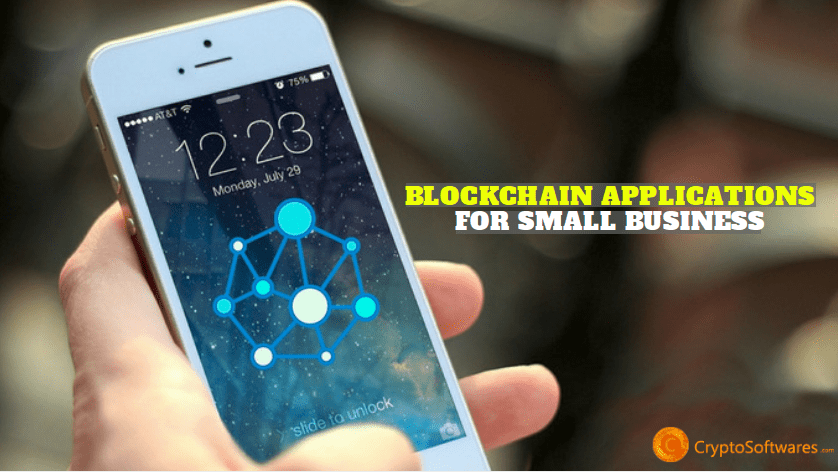
5 Blockchain Applications for Small Business
SubscribeIn this blog, we shall discuss the role of Blockchain Applications for Small business. Blockchain applications and blockchain application development are all over the place, but unless and until they enter mainstream business in both small and large scale.
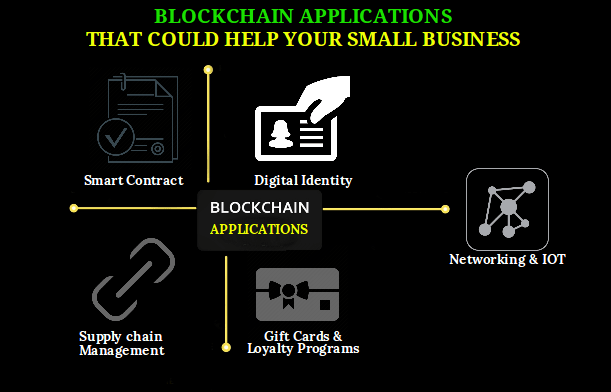
Let us now discuss the blockchain business applications down below.
#1.Smart Contracts
A smart contract is a virtual contract, the terms, and conditions of which has been recorded in a blockchain network. It allows the parties to do credible transactions and business operations without seeking help from the third parties. The Smart Contracts are traceable and irreversible. Hence, the whole entity is all the more reliable.
In a much technical aspect, a smart contract is a software that records the terms and conditions of an agreement that should be negotiated in a contract. The software negotiates the terms and verifies the fulfillment of the agreement and then executes the terms agreed upon in the contract.
As we all know, the traditional contracts are overwhelming and involve high administrative costs to be given to third parties. In addition to this, the process is quite chaotic.
Since the world is moving to a digital age and smart contracts is one of the most optimistic ways in which digitization can be adopted into small businesses. It is a very viable tool for undertaking reliable and digital business agreement. The contractual clauses are carried out through blockchain and there is no need for third parties. It also guarantees visibility and access for all relevant parties.
Smart Contracts are the elements of the ultimate blockchain revolution coupled with blockchain development. The former has an immense growth potential in the reception of ICOs and smart contract development has paved the way for the entry of blockchain applications into the mainstream businesses.
We can develop smart contracts from scratch or we can develop it in a generic manner. The generic model is adopted for the development of Initial Token Offerings. In order to build a smart contract from scratch, we would require a programmer with smart coding skills. But, this will ensure that there is ample room for customization.
#2.Digital Identity
Digital identity is an important aspect of service delivery. However, relying on physical identity documents in a conventional manner in the digital age is not only confusing and tedious but also quite expensive. Also, as we are spending more and more time on the
The statistics of the fraudery and cheating are very alarming. The fraud is estimated to be around $18.5 billion annually. This means that for every $3 spent, $1 is going to ad fraud. Due to this reason, security is a top concern for small and large scale businesses in today’s day and age. Blockchain technology provides the users with many solutions to eliminate digital identity issues. In this technology, identity can be authenticated in an irrefutable,
Blockchain technology for storing digital identity can be used for IDs, online account login, E-Residency, passports and birth certificates. There are companies like ShoCard that uses blockchain to validate an individual’s identity on their mobile phones. Get to know more about Digital Identity by Blockchain.
#3.Supply Chain Management
Blockchain Technology gives its users the benefit to tracking all the transactions in a secure and transparent manner. This feature can provide endless opportunities to supply chain management industry. During the course of a journey from seller to the customer, the product changes hands and each time this happens, the transaction needs to be documented. This can be done in a blockchain and can create the permanent history of a product, right from manufacture to sale. This can reduce the delays in time, added costs and human errors to a great extent. Some supply chain management organizations have already this technology and experts tout blockchain technology as a supply chain operating system on a universal scale in the coming years.
The blockchain can perform the following functions.
When blockchain technology is introduced in supply chain management, it provides enhanced transparency, greater scalability, better security, and increased innovation.
Shippers around the world are finding out ways to utilize these innovations and increase their profits and strengthen relationships across the supply chain.
#4.Gift Cards and Loyalty Programmes
Gift Card is something that we all use in our day to day lives. In fact, they are a great gifting option these days, they are not the regular fiat currency, but businesses love these gift cards since they assure them sales post the purchase. Reward programs are another non-fiat currency that we regularly use. These reward programmes can include the punch card at your local pastry shop, much more elitist credit card loyalty programmes or the airline miles. In all of these programmes, the company offers you store credit for frequently purchasing from them.
This form of gift cards and reward programmes are an excellent system for businesses to follow but it comes with its fare share of problems. It is too costly a process for the companies to manage and organize a reward program. It is tedious for the consumers to track their points and stars across multiple companies whose reward programs they are a part of.
These gift cards and loyalty programmes can be combined with blockchain. Zeex (ZIX) is a blockchain that is involved in doing just this. Through the Zeex application, one can deposit the cryptocurrency into the Zeex account. From there, the app converts it to the gift cards. The customer can now buy things from any shop that is on the Zeex Platform and money will be paid from your crypto-turned-gift card.
Blockchains like Zeex are making crypto practical. The users can spend crypto coins on real products by converting them into gift cards. Though this is not an easy task and requires a substantial amount of money, blockchain applications like Zeex are effective to bridge the gap between crypto space and fiat currency world and this gap is turning shorter day by day.
#5.Networking and IOT
The present-day Internet of Things ecosystems depends heavily on centralized and brokered communication models which are also known as server/client paradigm. All devices in the network are identified, authenticated and connected through cloud servers. These servers have huge processing and storage capacities. The connection between devices will be through the internet, even if they are placed in close proximity.This model has connected generic computer devices for quite some time now. This is expected to continue its support small-scale IOT networks but will not be able to respond to the huge and expanding needs of the large-scale IoT networks of the future. Also, The current IoT systems in place are expensive due to the very high infrastructure and maintenance clouds, large server farms and networking equipment. The amount of communications that has to handle when IoT grow to tens of billions will increase the costs exponentially.Now, even if the unprecedented economic and engineering challenges are sidelined, the cloud serves will create a bottleneck and point of potential failure that can cause the disruption of the entire network. A decentralized approach to IoT networking using blockchain technology will solve many of the aforementioned problems.
Adopting a standardized peer to peer communication model can help in processing hundreds of thousands of transactions between the devices and this will significantly reduce the costs of installing and maintaining large centralized data centers. This will also imply the computation and storage across the billions of devices that form IoT networks. This will also ensure the prevention and failure in any single node in a network from bringing the entire network to a halting collapse. Having said that, establishing decentralized peer-to-peer communications has its own set of challenges. The prime concern is the security. IoT security is more than just protecting sensitive data. A well thought out solution should be able to maintain privacy and security in huge IoT networks and have a provision for validation and consensus for transactions so that any chance of spoofing and theft can be avoided.
Any decentralized approach to perform IoT functions must have the following fundamental aspects.
1. Peer-to-peer messaging 2. Distributed file sharing 3. Autonomous device coordination 4. Cross-Border RemittancesConclusion
The time is not far when blockchain applications will influence the mainstream businesses in a large way. If you would like to go a step ahead and develop blockchain applications, Contact Cryptosoftwares today!
- What is Cryptojacking? Detection and Preventions Techniques
- How to Give Cryptocurrency As a Gift?
- Blockchain Development Life Cycle – Step by Step Guide
- How To Hire A Blockchain Developer For Your Company
- How to Choose the Right Bitcoin Development Company – A Complete Guide
- Common Bitcoin Scams – Beware Of Fraudsters
- How can entrepreneurs leverage blockchain in 2023?
- Role of Blockchain in Cyber Security
- Document and Certificate Verification Through Blockchain Technology
- Initial Coin Offering (ICO): Everything you need to know in 2023
- Categories
- Azure Blockchain Service
- Bitcoin
- Bitcoin Development
- Blockchain Application
- Blockchain Application Development
- blockchain developer
- Blockchain Development
- common bitcoin scams
- Crypto software features
- Crypto softwares
- Cryptocurrency
- Cryptocurrency Development
- Cryptocurrency Exchange Software Development
- Cryptocurrency review
- Cryptocurrency Trading
- Cryptocurrency Wallet Development
- ERC20 Token Development
- Hashing Algorithm
- ICO Development
- ICO Development Service
- ico website development
- Proof of Stake Coins
- Smart Contract Development
- Uncategorized




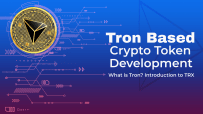



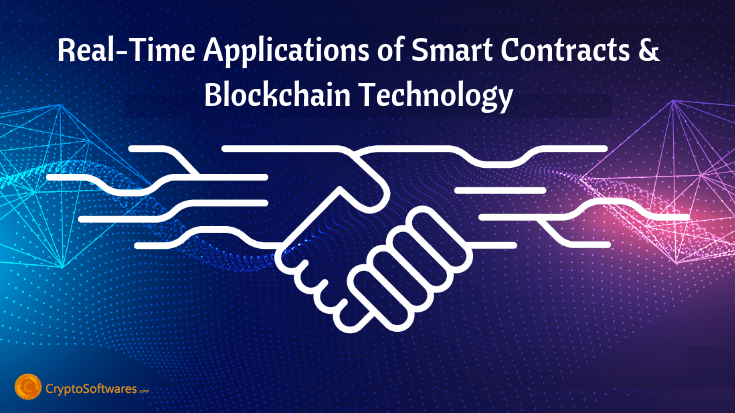
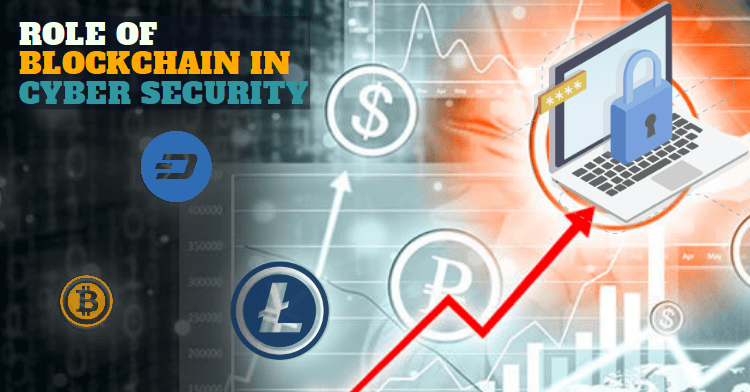
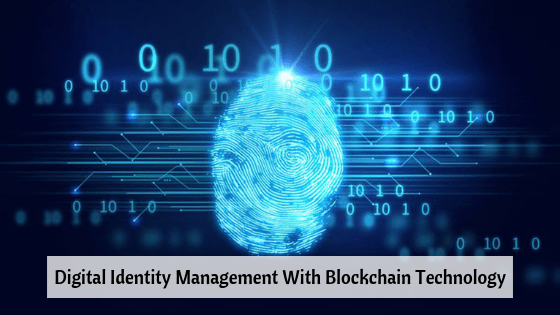


The blockchain is a digital ledger that is decentralized and can store anything of value. It was invented by an anonymous person called Satoshi Nakamoto who used it to record the transactions of bitcoin, the world’s first real cryptocurrency. All the transactions in a blockchain are validated by a mutual consensus of everyone who has been a part of the network. The absolute transparency and decentralized nature of blockchain technology would, in turn, mean that there would be absolutely no need for middlemen in any of the business practices where blockchain technology is adopted. Blockchain technology has found its way… Read more »